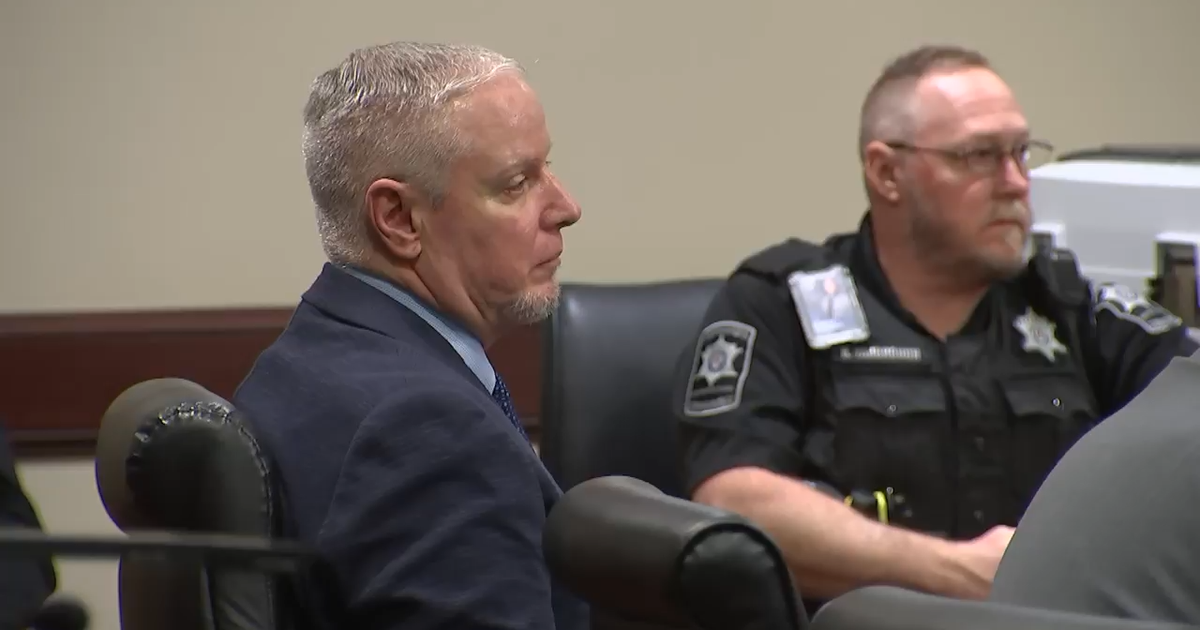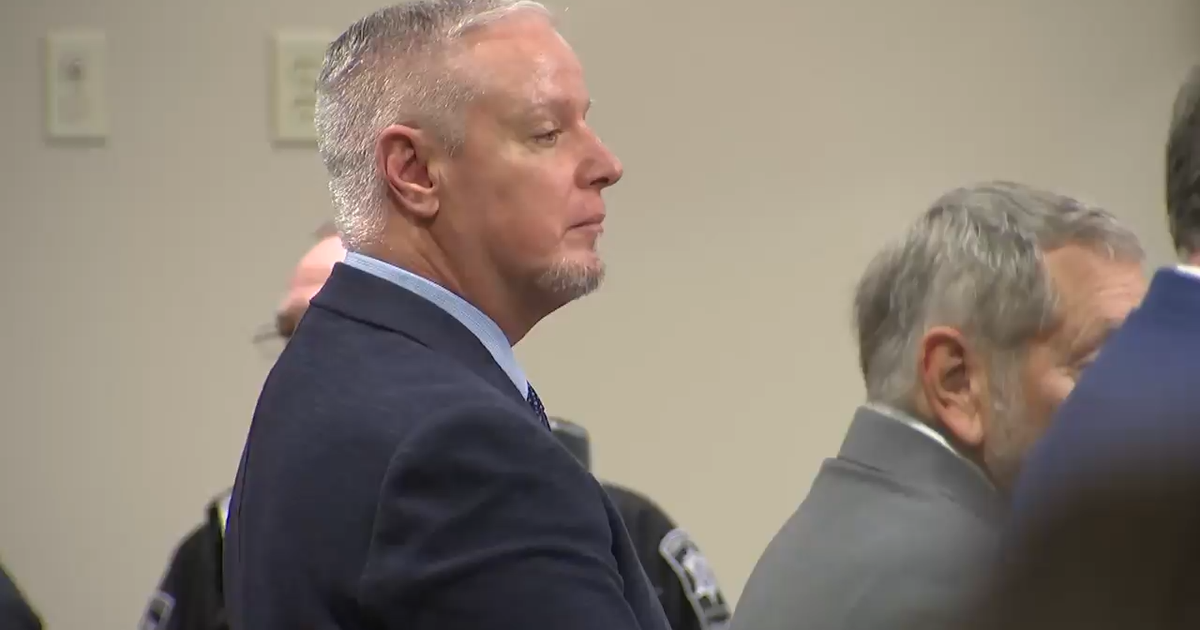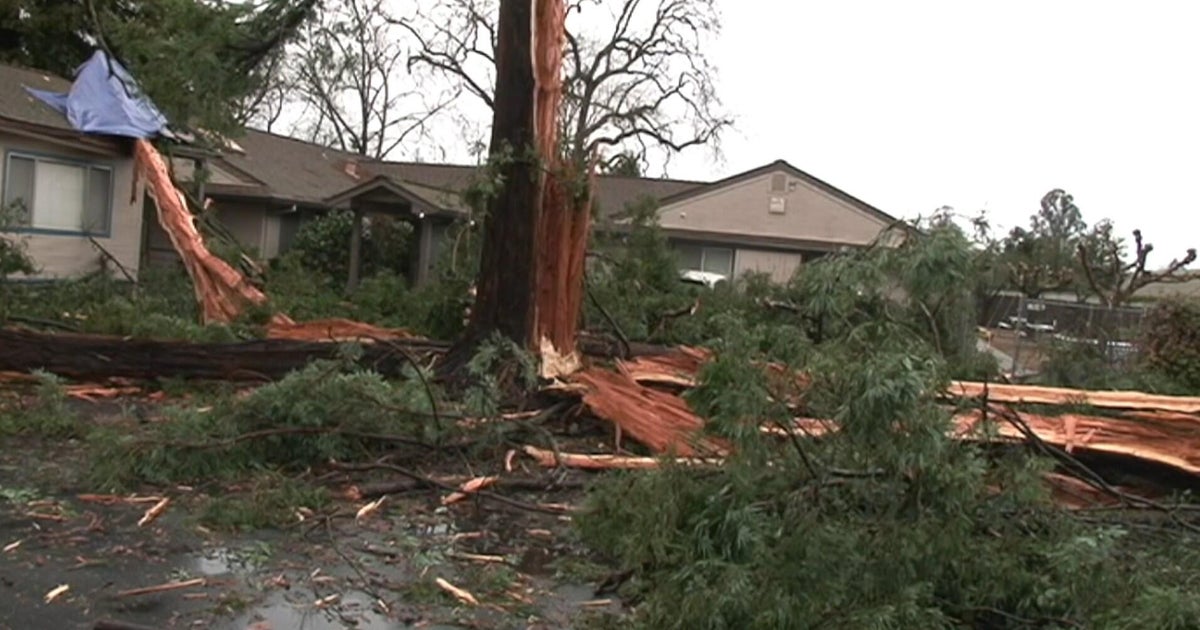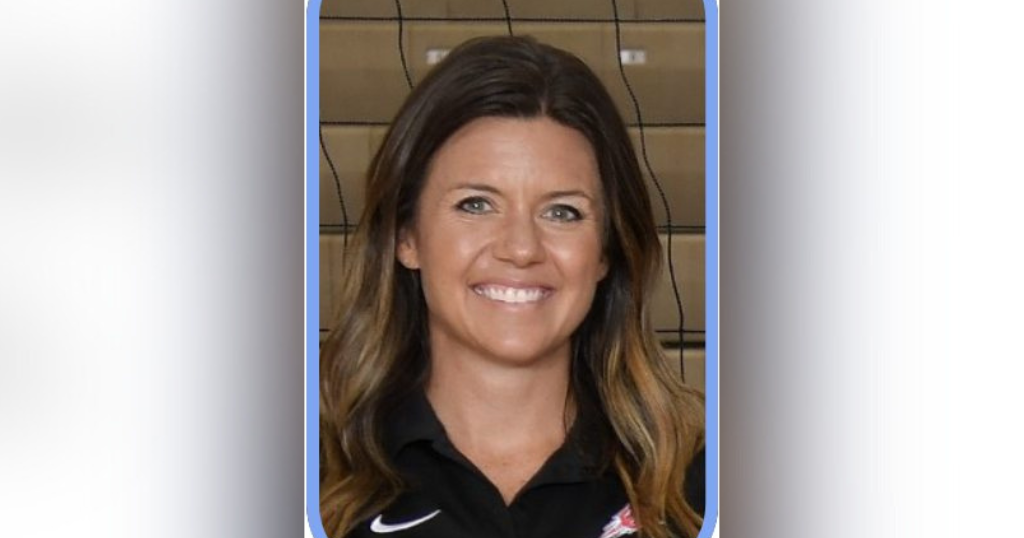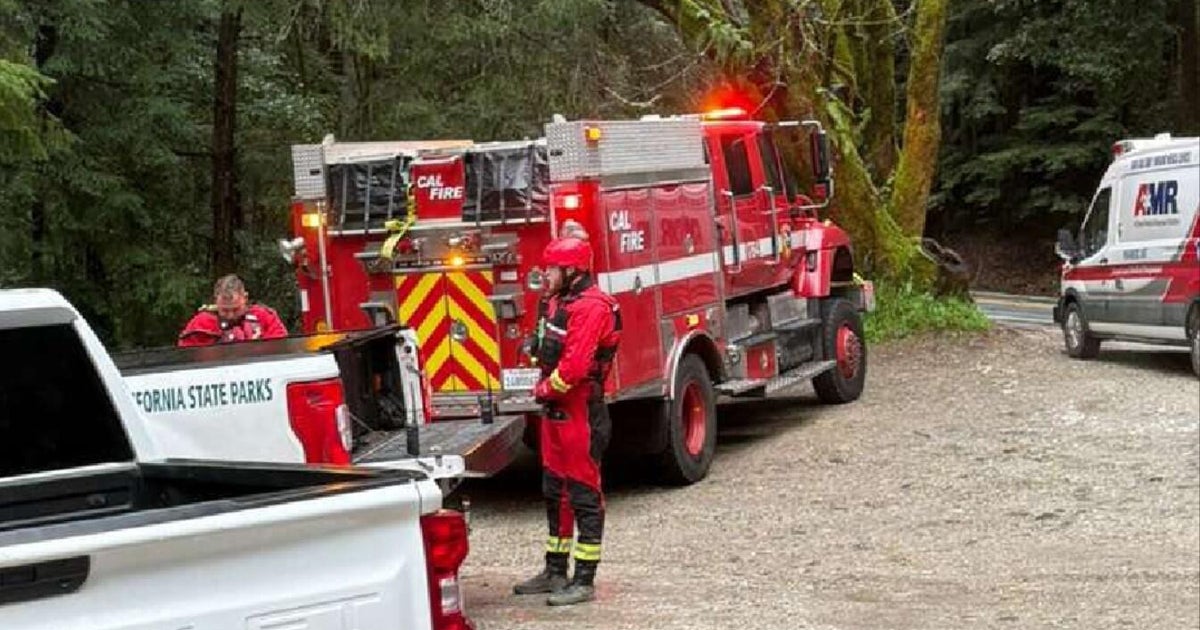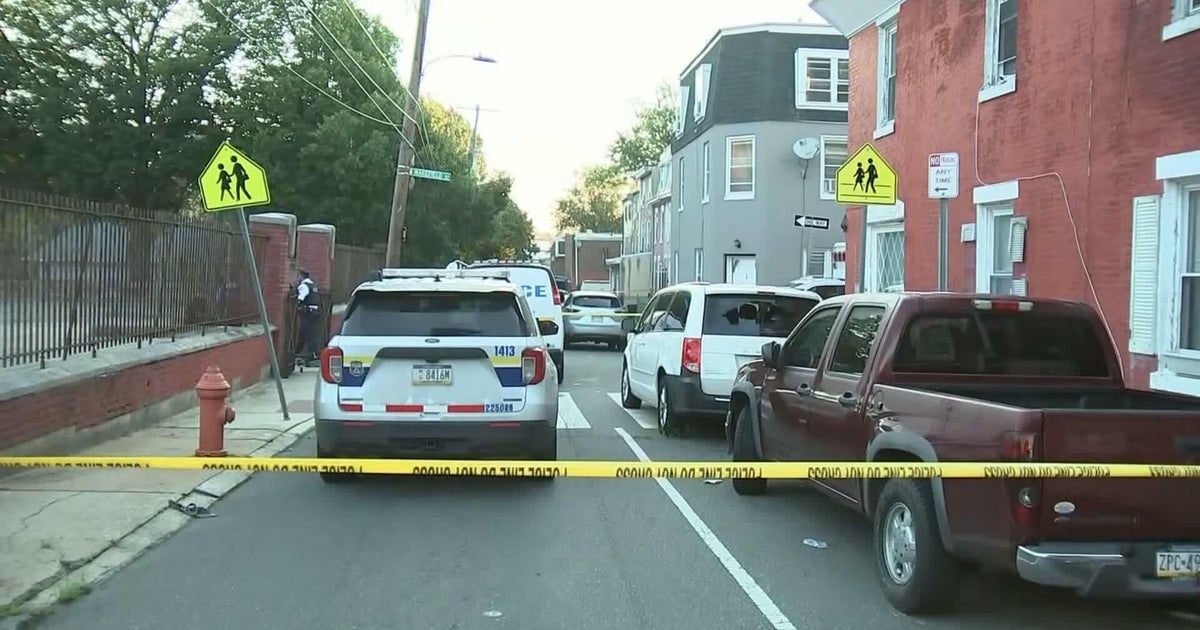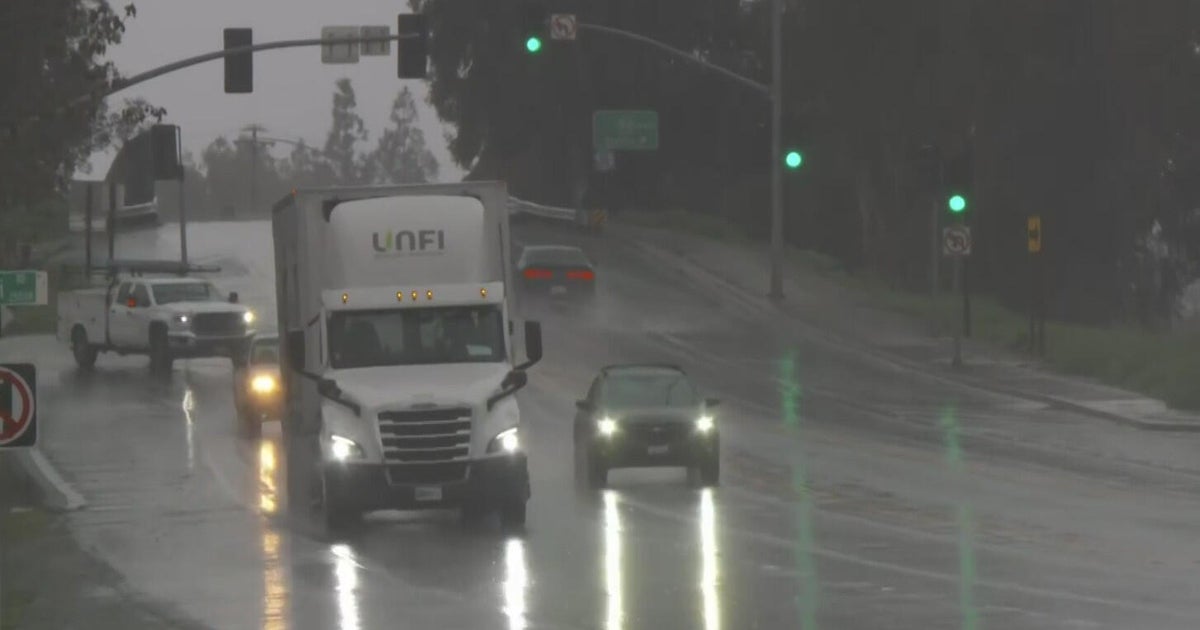Psychologist: San Mateo School Bomber Knew Right From Wrong
REDWOOD CITY (CBS SF) -- A forensic psychologist testified Tuesday morning that Alexander Youshock's mental illness did not necessarily prevent him from knowing right from wrong on the day he went to Hillsdale High School armed with pipe bombs, a sword and a chainsaw.
Jeffrey Gould, who was appointed by San Mateo County Superior Court in December to examine Youshock's mental state, said he is very confident that the defendant knew that going to Hillsdale High with a plot to kill three of his former teachers was "legally wrong."
The idea that Youshock understood wrongfulness is a key element in determining whether he was insane on Aug. 24, 2009, the day of he carried out his attack.
Youshock pleaded not guilty by reason of insanity to the charges against him. Last week, the jury convicted him of six felony counts, including attempting to murder his former chemistry teacher.
Tuesday's testimony is part of the sanity phase of the trial to determine Youshock's state of mind at the time of the attack.
Gould said that Youshock's careful preparations for the attack and his efforts to avoid detection by police and his parents are evidence that the defendant understood that what he was plotting was wrong.
"He understood that other people in society would disapprove," Gould said.
Although Gould ultimately diagnosed Youshock with paranoid schizophrenia, he said the mental disorder did not necessarily prevent the defendant from understanding the nature and quality of his actions.
On the morning of his attack, Youshock was suffering from a "longstanding delusional belief" that teachers at Hillsdale High were ruining his life, Gould said, a sign that Youshock was developing symptoms of a mental disorder that had not yet been diagnosed as schizophrenia.
Under questioning by defense attorney Jonathan McDougall, Gould said that Youshock's belief system was not based in reality, and that it was Youshock's mental disorder that caused him to misconstrue his teachers' benign requests to do his homework as being persecuted, which led him to create a vengeful and farfetched plan to kill them.
However, Youshock's burgeoning schizophrenia did not impair his ability to function appropriately and avoid detection as he walked onto campus with a chainsaw hidden in a guitar case, a 10-inch samurai sword concealed in a backpack, and a tactical vest stuffed with bombs hidden under his sweatshirt, Gould said.
Those were signs that Youshock knew that what he was about to do was wrong in the eyes of society, Gould said.
This contradicted testimony given Monday by clinical psychiatrist Pablo Stewart, who said that Youshock's mental state prevented the defendant from understanding wrongfulness.
Expert testimony in Youshock's sanity trial is expected to continue Tuesday afternoon.
The jury convicted Youshock of six felony counts last week: attempting to murder teacher Meghan Spalding; exploding a destructive device in an act of terrorism; possession of a destructive device in a public place; carrying a concealed dagger; carrying a concealed explosive; and exploding a destructive device with the intent to kill.
They did not convict Youshock of a second charge of attempted murder.
In the sanity phase of the trial, the burden of proving that Youshock was insane on the morning of his attack rests with the defense because the defendant is presumed sane, Guidotti said.
Youshock would be institutionalized if found not guilty by reason of insanity.
(Copyright 2011 by CBS San Francisco. All Rights Reserved. This material may not be published, broadcast, rewritten, or redistributed. Wire services may have contributed to this report.)
